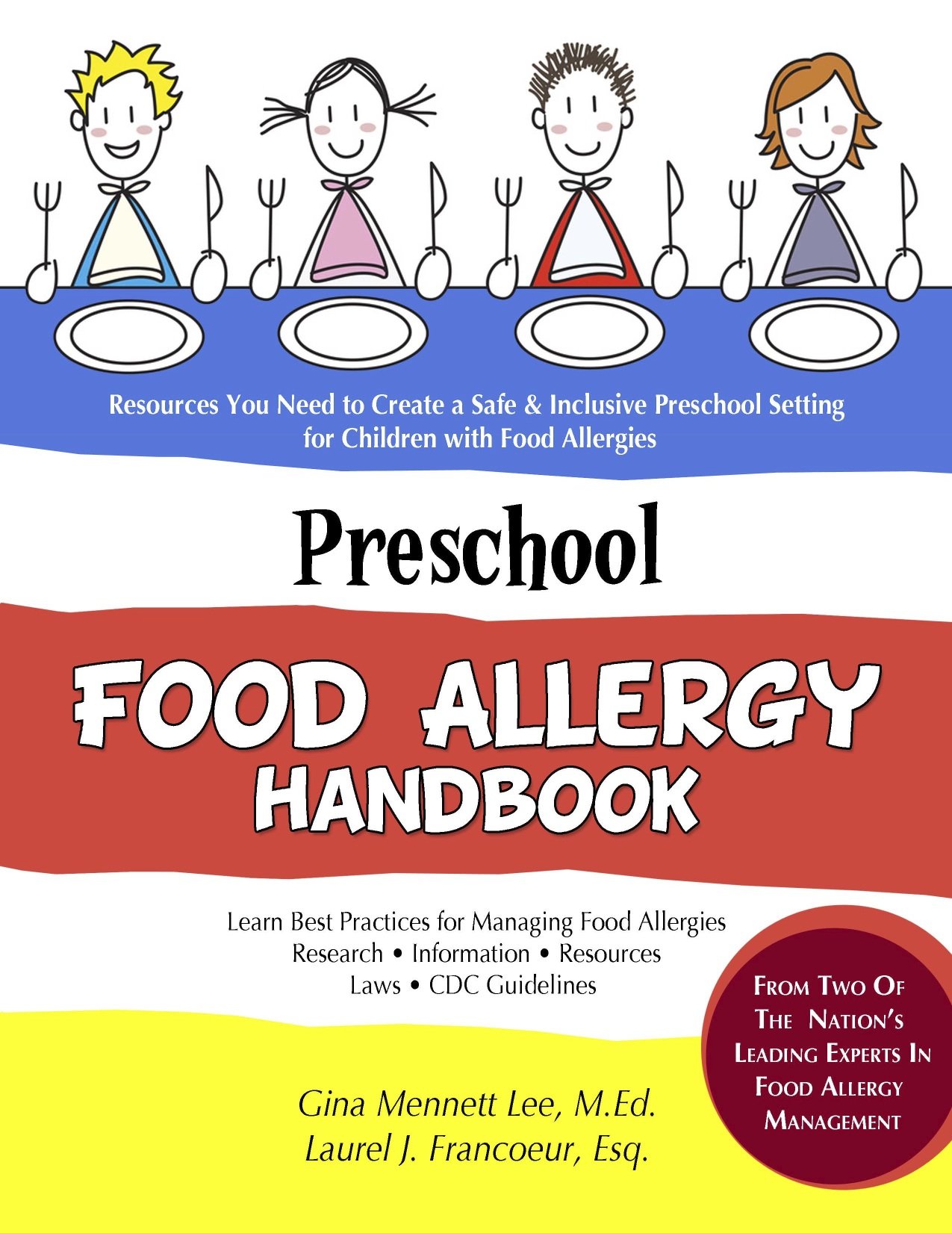Research
It is important that decisions about management of food allergies be fact-based. Below are sources for some of the most important data regarding food allergy management.
The following articles have been published by the American Academy of Pediatrics:
Child and Parental Reports of Bullying in a Consecutive Sample of Children With Food Allergy
Published online December 24, 2012
Objective: The social vulnerability that is associated with food allergy (FA) might predispose children with FA to bullying and harassment. This study sought to quantify the extent, methods, and correlates of bullying in a cohort of food-allergic children.
Allergic Reactions to Foods in Preschool-Aged Children in a Prospective Observational Food Allergy Study
Published online June 25, 2012
Objective: To examine circumstances of allergic reactions to foods in a cohort of preschool-aged children.
The Prevalence, Severity, and Distribution of Childhood Food Allergy in the United States
Published online June 20, 2011
Objective: The goal of this study was to better estimate the prevalence and severity of childhood food allergy in the United States.
The following article has been published by a variety of credible sources:
Data Health Brief: Epinephrine Administration in Schools
Published online by the Massachusetts Department of Public Health for the School Year 2009 – 2010
Objective: This annual data health brief documents the epidemiology of epinephrine administration for the treatment of life threatening allergic reactions or anaphylaxis in Massachusetts schools.
Distribution of peanut allergen in the environment
Published online by Johns Hopkins University School of Medicine on April 9, 2015
Objective: The purpose of this study was to detect peanut allergen under various environmental conditions and examine the effectiveness of cleaning agents for allergen removal.
Fatal and Near-Fatal Anaphylactic Reactions to Food in Children and Adolescents
Published online by The New England Journal of Medicine on August 6, 1992
Objective: There are few reports in the medical literature of fatal or near-fatal anaphylactic reactions caused by food. We undertook a survey of severe food-induced anaphylactic reactions in children and adolescents.
What affects quality of life among caregivers of food-allergic children?
Published online by The University of Michigan Food Allergy Center in July, 2015
Objective: To determine factors influencing caregiver food allergy quality of life within an academic center cohort.
Contact us today!
 Interested in learning more about how we can help you? Please email us at gmleeconsulting@gmail.com
Interested in learning more about how we can help you? Please email us at gmleeconsulting@gmail.com
Want to stay up-to-date on the latest news, research and resources? Subscribe here!
Client Testimonial
Iwas very impressed with all the information we heard at Sunday’s conference. Thank you for all that you do for this cause. I found the information very helpful. I look forward to using the book with my staff.- Director of a Child Care program, attended a presentation by Gina

